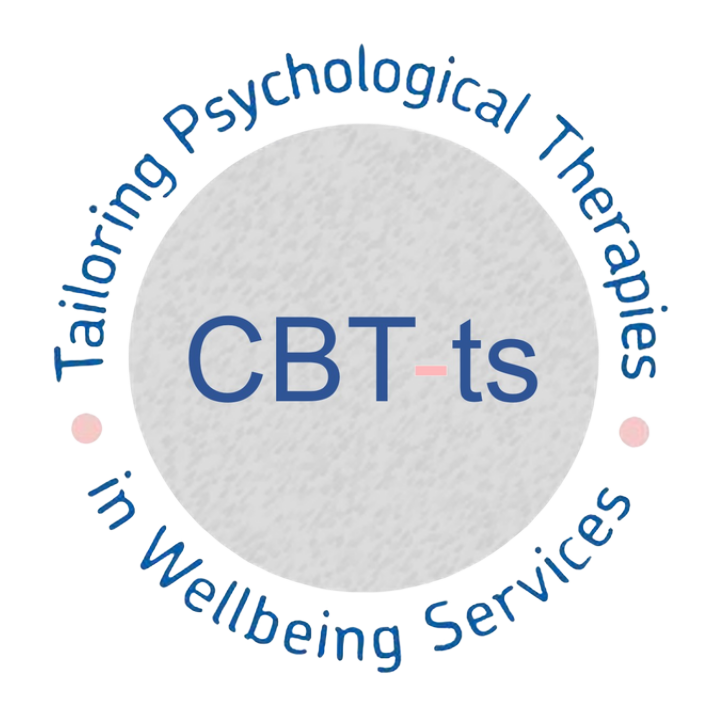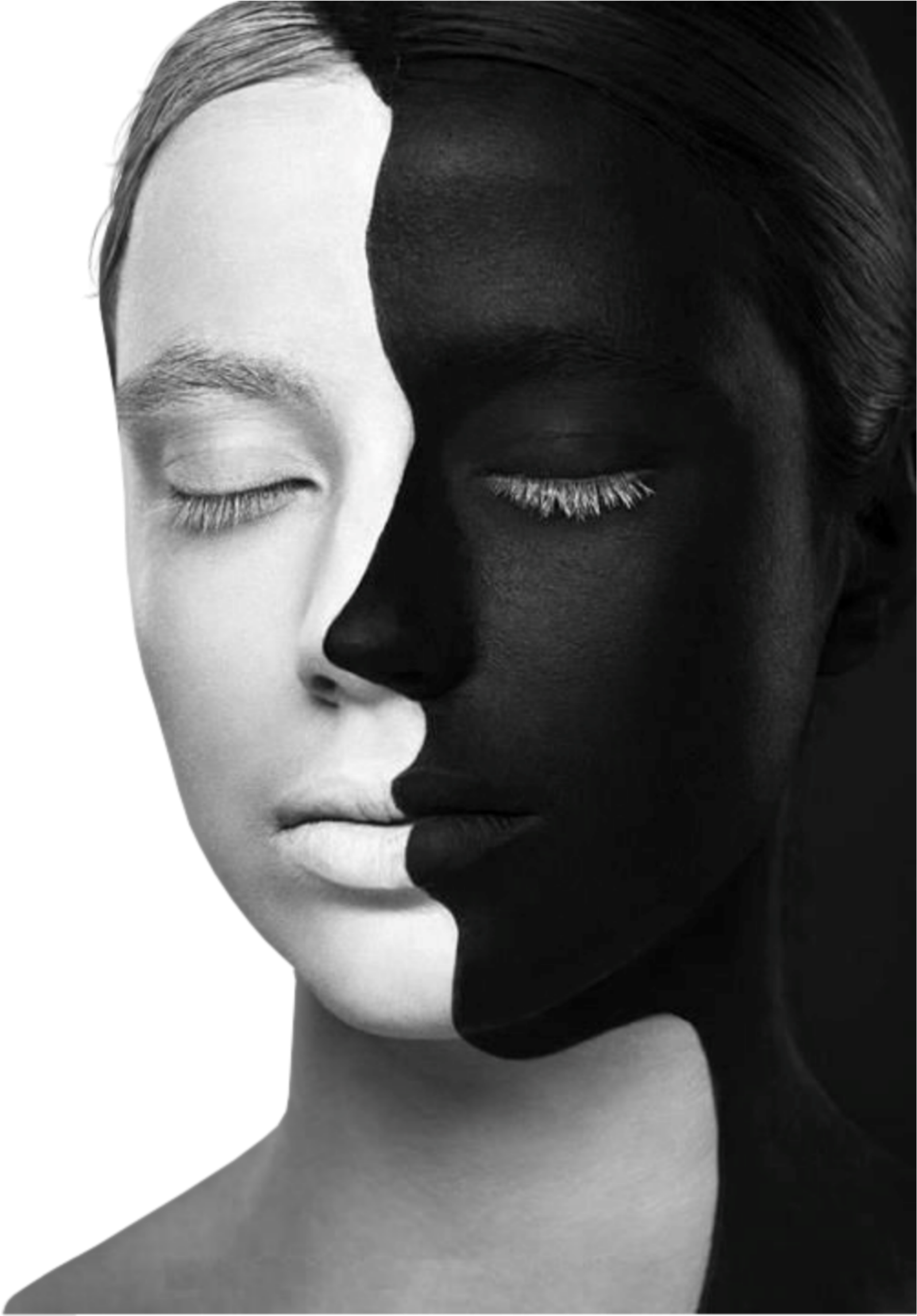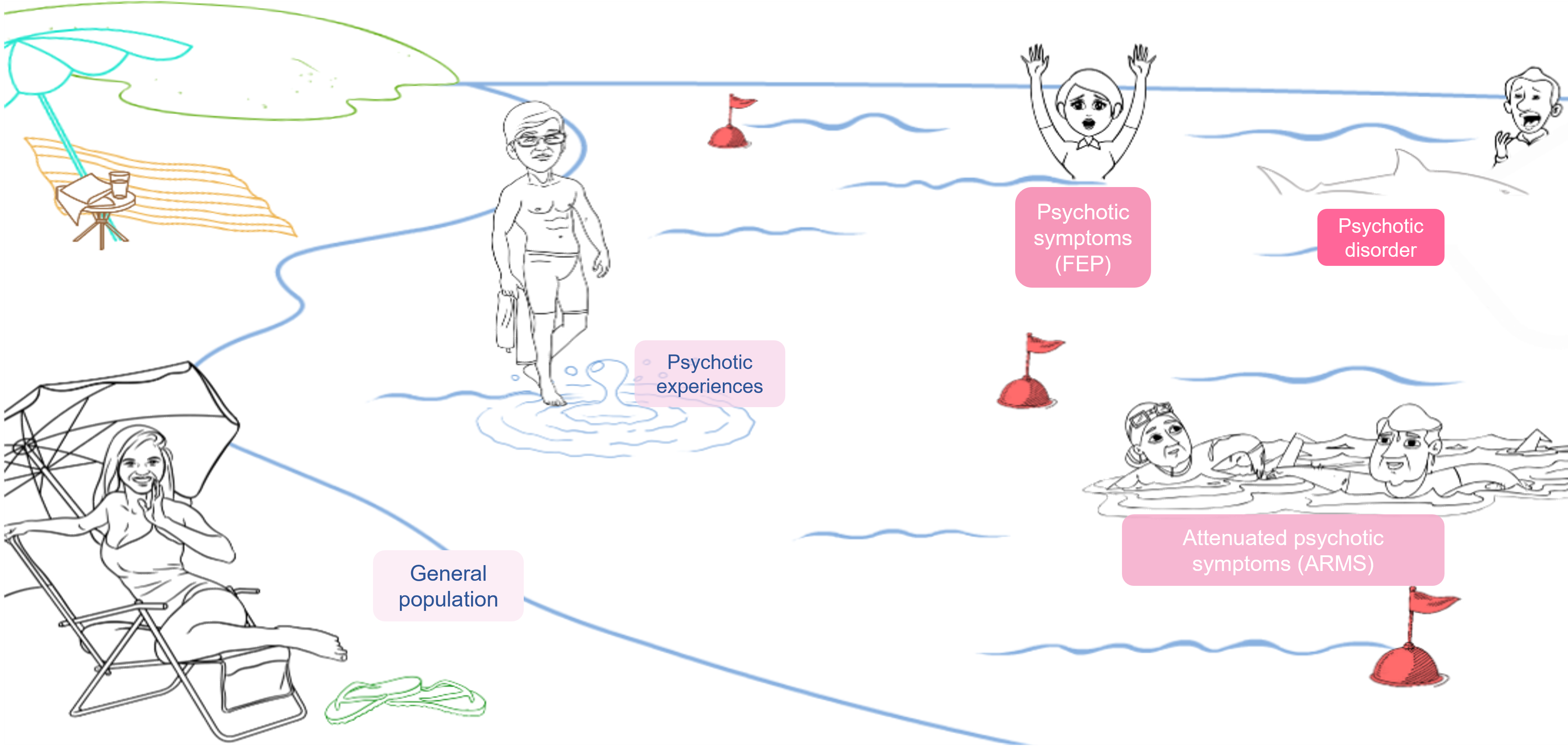What are Psychotic Experiences?
Psychotic experiences can be described as perceiving or interpreting situations differently compared to people around you. Lots of people in the general population sometimes have strange experiences that do not cause worry or distress. For example, a recently bereaved person might hear the voice of a loved one. This may even be comforting. Other people might have experiences that are more frequent or distressing. Sometimes they might find it difficult to make sense of these experiences, which could increase symptoms of depression and anxiety. People describe these experiences as:
“Surreal, undesirable feelings, thoughts or senses”
“Seeing or hearing things that others don’t”
“Struggling to trust others.”
“Having thoughts that don’t feel like your own and difficulty in making sense of it.”
YOU ARE NOT ALONE!!
How Common are Psychotic Experiences?
Among people with mental health disorders like depression and anxiety, psychotic experiences are common.
48%* of the people receiving treatment in NHS Talking Therapies have psychotic experiences.
The more severe the depression or anxiety becomes, the more likely it is for a person to have psychotic experiences. Although common, psychotic experiences can feel very distressing to the individual. Acknowledging and talking about these experiences can support recovery.
*This percentage (48%) was calculated using a more sensitive threshold for the CAPE questionnaire to measure the prevalence of psychotic experiences and their impact on recovery within the TYPPEX programme. When using a more specific threshold, the percentage was 30%. You can read about the rational and findings associated with both cut-offs here and here.
Symptoms
So it makes sense that as you go further out to sea the severity and intensity increases.
GP services:
Depression & anxiety related experiences which come and go.
Talking therapies services:
Mild to severe depression & anixety experiences.
Community Mental health service:
Moderate to severe depression & anxiety symptoms.
Community Mental health service:
Severe & recurrent depression & anxiety symptoms.
Community mental health or inpatient services:
Chronic & enduring depression or anxiety disorder.
Suspiciousness
Voices & Visions
Unusual thought content
Suspiciousness at work
How might it look?
Common Concerns

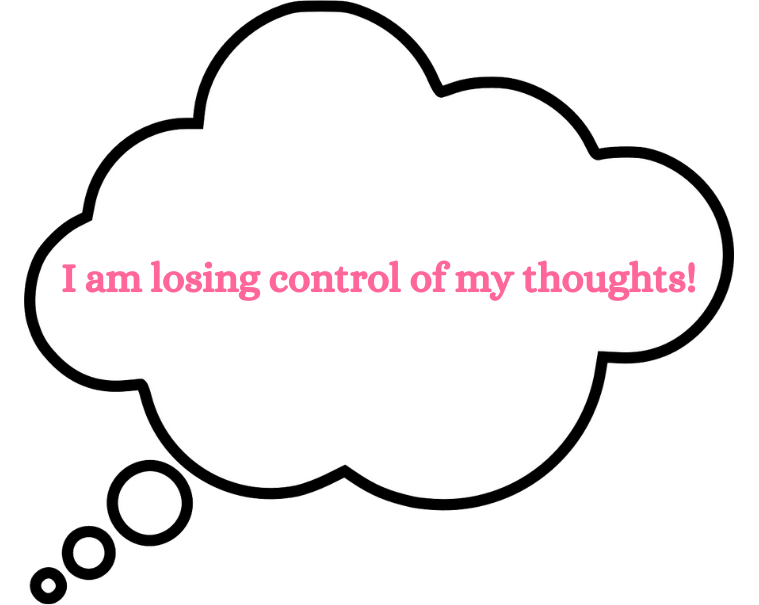



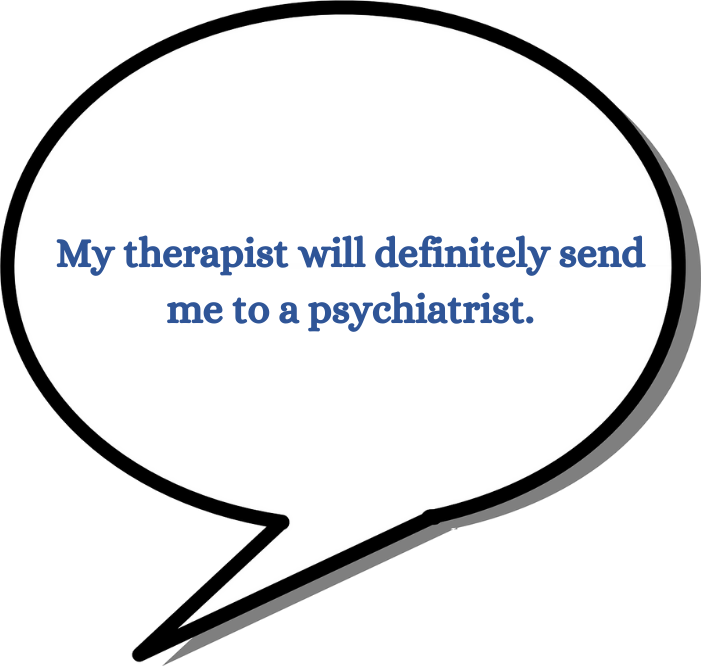
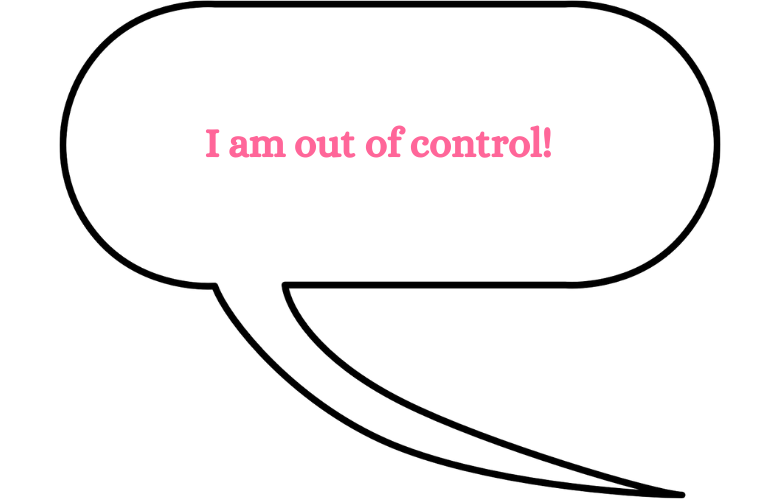
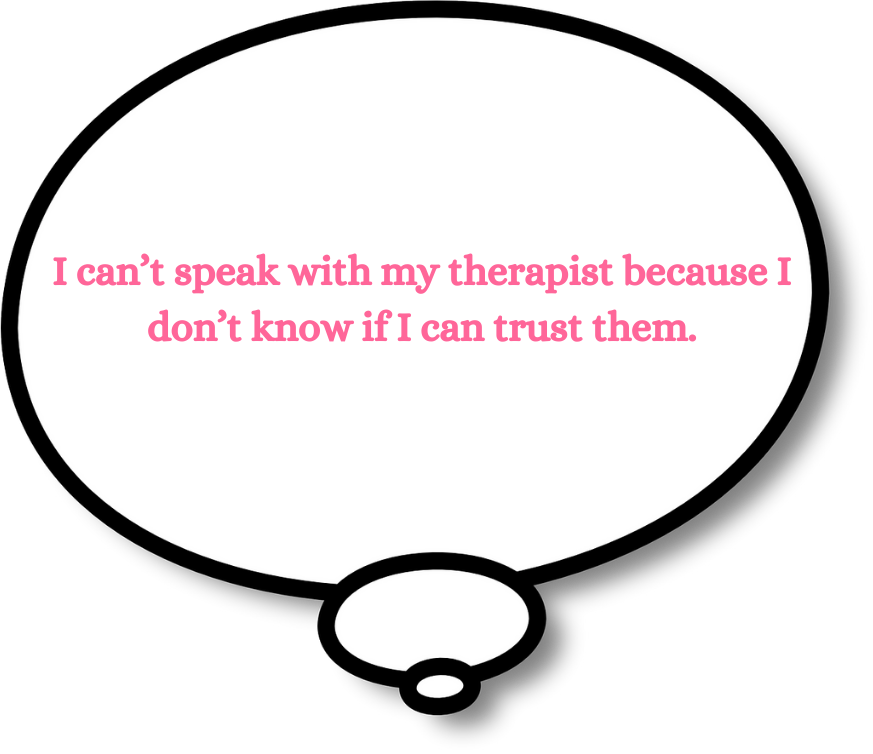

These concerns are understandable but unlikely to happen. Many people with psychotic experiences worry that they will become very unwell. This is not true. The intensity and frequency of psychotic experiences can go up and down but rarely lead to anything more severe.

